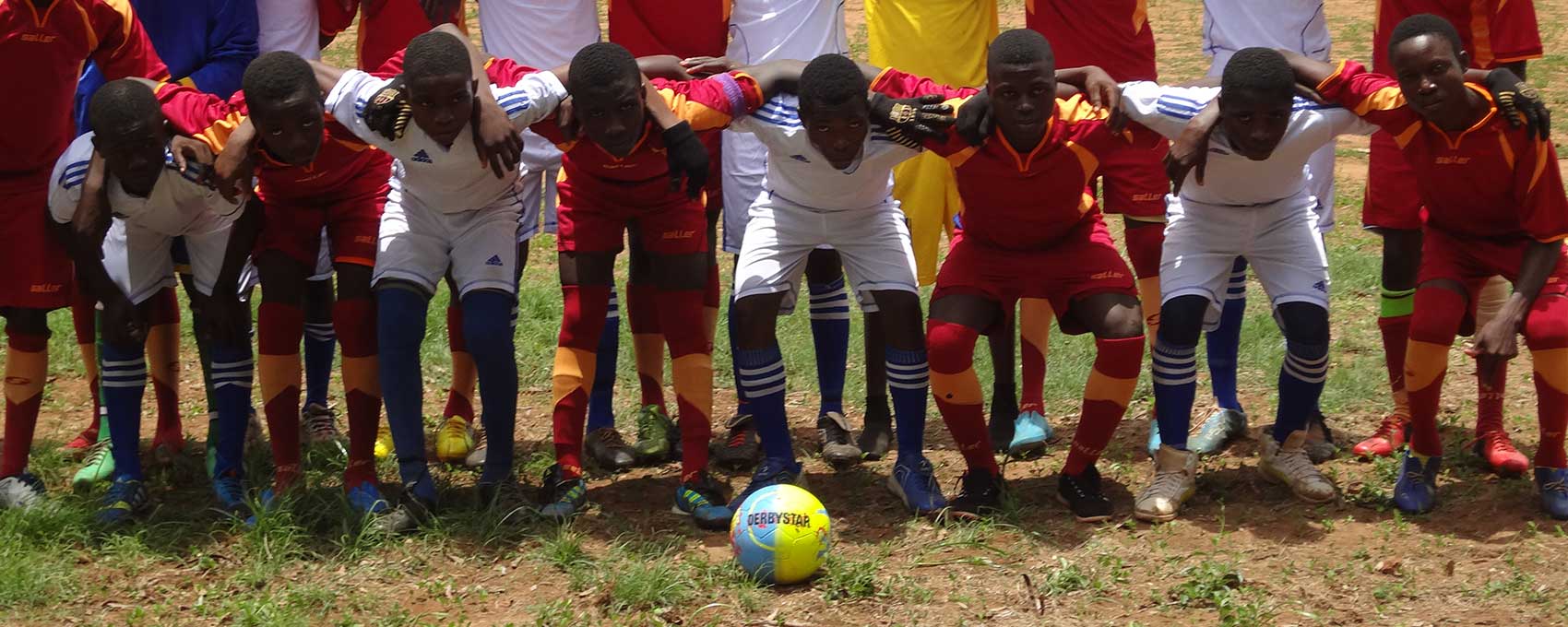Preamble
The work of The Rising Lions is based on the humanitarian principle of calling for equal rights and justice for all people. In this sense, the association is committed to the right to education worldwide and has the following statutes::
§ 1 Name, Seat, Fiscal Year
1. The club bears the name “The Rising Lions e.V.”
2. It is located in 63930 Umpfenbach and is registered in the register of associations.
3. The financial year is the calendar year.
§2 Goals and tasks of the association
1. The aim of the association is to promote intercultural exchange in educational matters in order to enable a steady progress of education systems. In addition, as many pupils as possible should be guaranteed access to knowledge and education.
The club achieves its goals in particular through
a) Establishment of transnational partnerships of educational institutions
b) Promoting the establishment, construction and operation of educational institutions worldwide
c) Financial and non-material support of educational institutions in particular through
(1) donations, partnerships and sponsorships
(2) knowledge transfer
(3) public relation
d) Public relations work to educate about educational opportunities and obstacles
§ 3 Tax concession
1. The association pursues exclusively and directly charitable and benevolent purposes within the meaning of the section “tax-privileged purposes” of the tax code. The association is selflessly active; he does not pursue primarily self-economic purposes.
2Means of the association may be used only for the statutory purposes only. The members receive in their capacity as a member no donations from resources of the association. They have no claims to the assets of the association when they leave. No person may be favored by expenses that are foreign to the purposes of the association, or by disproportionately high remuneration.
§ 4 Membership
1. Members can become sole proprietor and legal persons who support the goals of the association.
2. There is a distinction between ordinary members and supporting members. Regular members are actively involved in the work of the association, while supporting members support the purpose of the association ideally and financially.
3. The membership is acquired through the declaration of membership and acceptance by the extended board.
4. The resignation of a member shall be effected by written declaration to the Management Board with a notice period of three months to the end of the financial year.
5. A member may be excluded by decision of the board, if it violates the goals of the association or does not meet its obligations to the association. The member can call the General Assembly against the decision. This finally decides. The member is to be invited to the meeting and to be listened to.
§ 5 Rights and obligations of the members
1. Ordinary members have the right to vote in the general meeting and to view the finances of the association.
2. Supporting members can be members of the general meeting and see the finances of the association.
3. All members receive at least a yearly report on the development and progress of the supported projects.
4. The General Assembly issues a contribution ordinance, which regulates the amount of the monthly contributions to be paid.
§ 6 Organs of the association
The organs of the association are:
1. General Assembly
2. Extended Board
3. Authorized representative according to § 26 BGB
§ 7 General Assembly
1. The highest organ is the general meeting. They are usually led by the CEO.
2. The general meeting sets the guidelines for the work of the association and decides questions of fundamental importance. The tasks of the general meeting include in particular:
a. Election and deselection of the board
b. Advice on the status and planning of the work
c. Approval of the economic and investment plan submitted by the Executive Board
d. Resolution on the annual financial statements
e. Acceptance of the Annual Report of the Management Board
f. Resolution on the discharge of the Board
g. Adoption of the contribution regulations, which is not part of the statutes
h. Resolution on the assumption of new tasks or the withdrawal from tasks on the part of the association
i. Resolution on changes to the statutes and the dissolution of the association.
3. At least one month in advance all members are to be invited to the general meeting in accordance with § 26 BGB, stating the provisional agenda. The invitation has to be in form of a letter. It meets as often as needed, usually once a year.
4. An Extraordinary General Meeting will be held if at least 40% of the members request it, giving reasons. It must be convened no later than two weeks after receipt of the application to the responsible board of the latter. The general meeting must therefore be held no later than six weeks after the application has been submitted.
5. The resolutions of the general meeting are passed by majority vote.
6. A record must be made of the resolutions and, insofar as it is necessary to understand how they came about, including the essential course of the trial. It is signed by the chairman and the secretary.
§ 8 Managing board
1. The extended board consists of the chairman, the deputy chairman, the treasurer and the secretary, as well as up to four assessors. The members of the board are volunteers.
2. The executive committee with external representation consists of the chairman and the deputy chairman. They form the board within the meaning of § 26 BGB. The members of the board authorized to represent the company are entitled to sole representation.
3. The term of office of the members of the Executive Board is four years. They remain in office until the appointment of the new board.
4. The extended board is usually scheduled to meet quarterly.
5. Resolutions must be recorded in writing and signed by the Chairman of the Executive Board.
§ 9 Statute changes and resolution
1. About changes of the statutes, the change of the purpose of the association and the dissolution decides the general meeting. Proposals for amendment of the statutes, purpose changes and dissolution are to be forwarded to the members entitled to vote at least one month before the meeting of the general meeting. The resolution requires a majority of three quarters of the present voters.
2. Amendments or additions to the statutes, which are prescribed by the competent registry court or tax office, are implemented by the authorized representative board according to § 26 BGB and do not require a resolution by the general meeting. They are to be communicated to the members at the latest with the next invitation to the general meeting.
3.In the event of dissolution, withdrawal of the legal capacity of the association or loss of the tax-privileged purposes, the entire property falls to Baobab Family e.V., Tizianstr.3, 80637 München, which has to use it exclusively for charitable purposes.
Place, date and signatures

